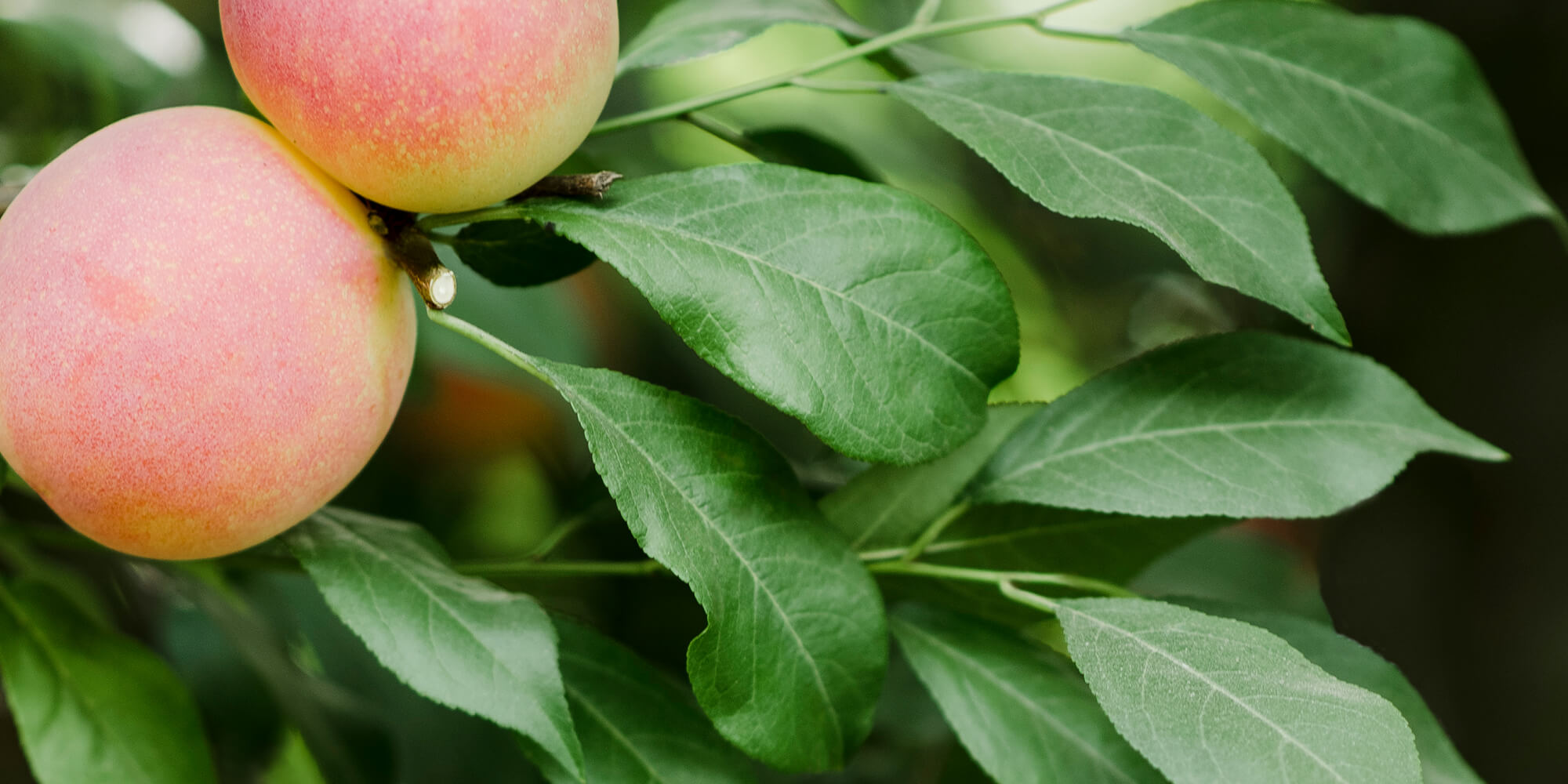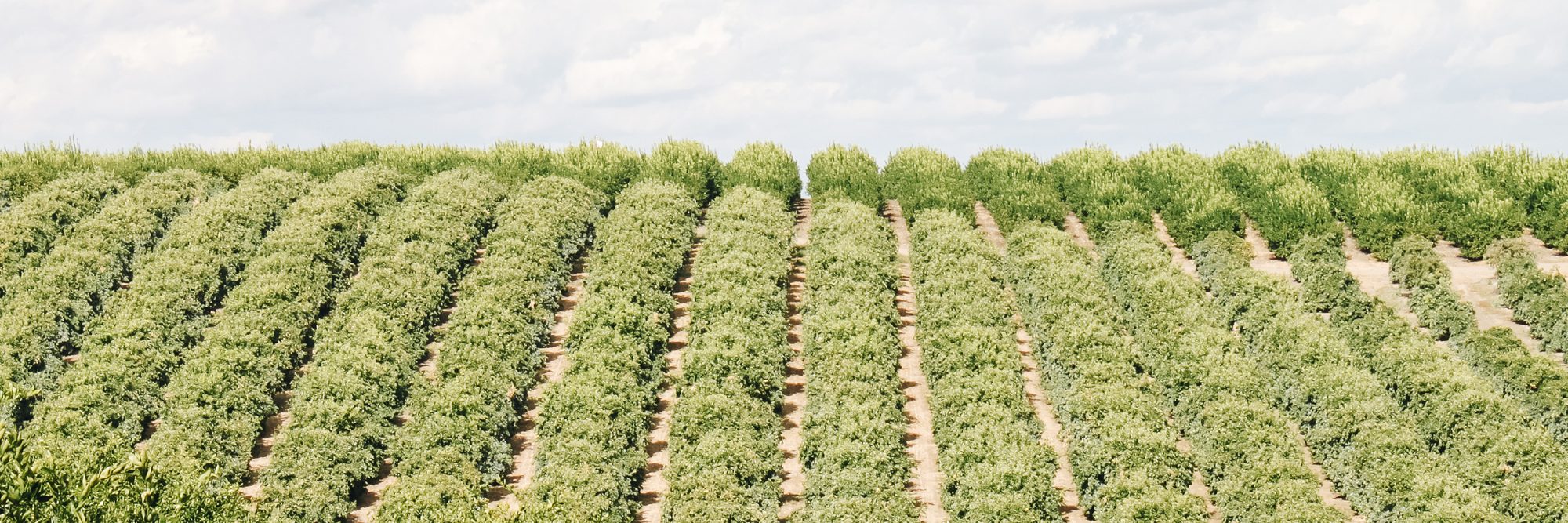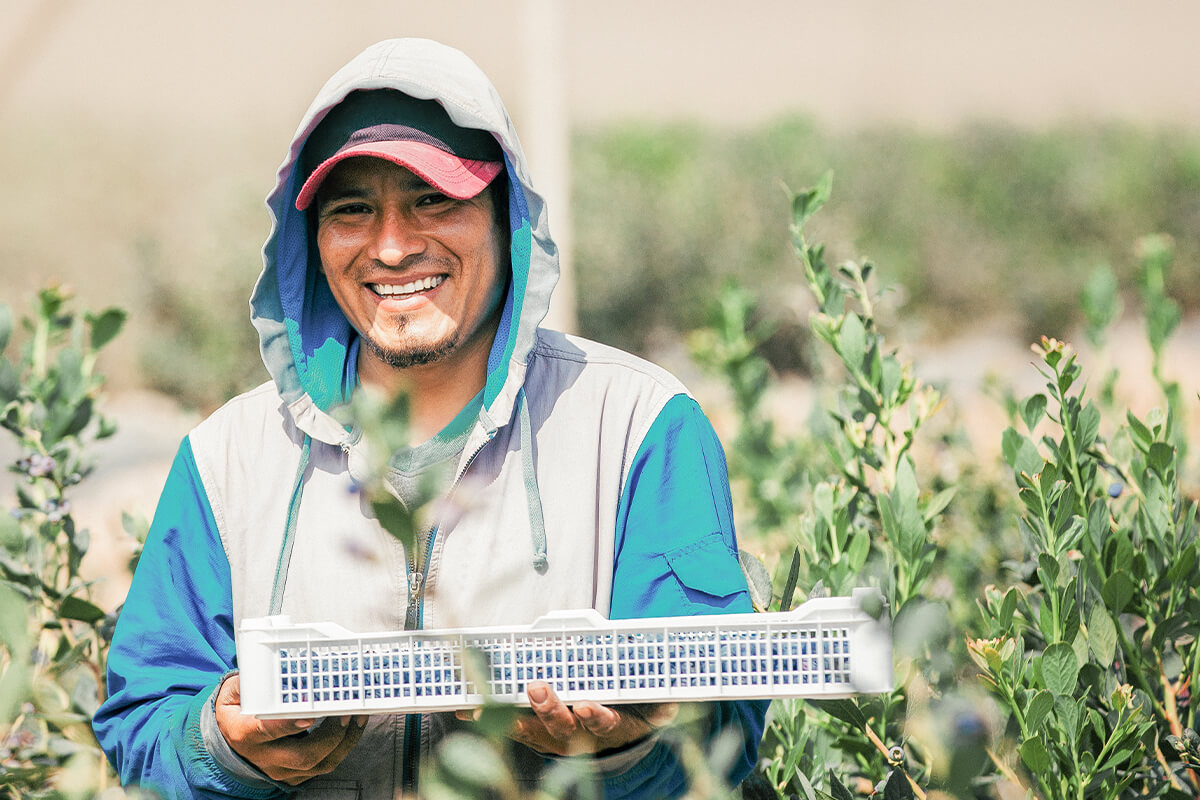
Environmental
impact.
Caring for the land.
We often say “the most important thing you do as a farmer is what you plant in the ground,” and when it comes to unique varieties and amazing flavor, that’s certainly true. But being a good steward to the land is equally important. That’s why we focus on water, energy, and soil conservation in our farming techniques.

We care deeply about our planet, its future and its sustainability in farming.
Water conservation.
Since the early 2000s, we have been converting all of our farm operations to using micro-drip irrigation systems, automated precision irrigation systems, and soil moisture monitoring technology. As a result of these efforts, we’ve developed sophisticated irrigation schedules and eliminated excess water waste.
Clean energy.
We’ve installed solar panels and energy saving lighting in our production facilities, while training our staff on sustainable initiatives that reduce emissions. To date, we have installed 3 megawatts of solar panels, which can generate enough electricity to meet the needs of 492 U.S. homes. We have also added on-site Electric Vehicle charging stations, resulting in 52,471 tons of CO2 emissions reduced each year.
Air quality.
Trees help regulate the local climate, produce oxygen, improve soil quality, attract wildlife, and absorb CO2. With over 10,000 acres planted, that is roughly 27,500 tons of CO2 absorbed each year.

Integrated pest management.
Family Tree Farms takes a holistic approach to pest management and has a rigorous Integrated Pest Management (IPM) program to maintain the health and quality of our plants and soil. Our IPM program enables us to be methodical, strategic, and targeted, resulting in reduced pesticide use and increased soil and plant health.
Mating disruption
Pheromone-based tools yield significant reductions in pesticide use while keeping fruit damage to a minimum.
No-till farming
We practice no-till farming to eliminate soil disruption. This technique increases soil retention of organic matter, cycles nutrients and increases the amount of water that infiltrates the soil.
Scouting
Dedicated scouters walk the fields to identify and record unwanted pests and beneficial insects. Early detection and management are critical, making scouting one of the most important aspects of our Integrated Pest Management program.

